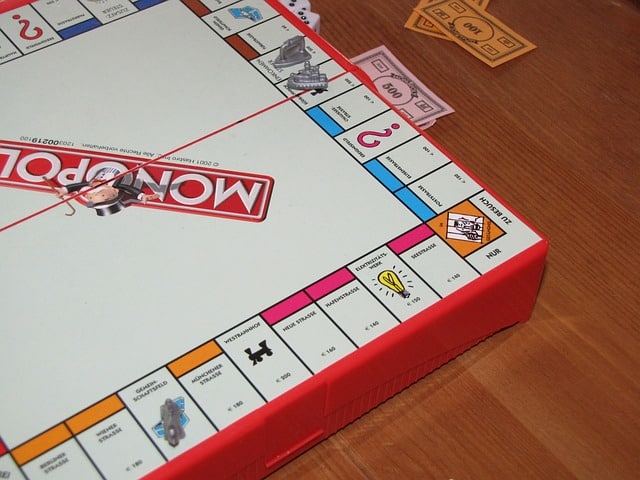
In a monopoly, the only seller has great power and enjoys a privileged situation.
Coming from the Greek term monos ( "one" ) and polein ( "sell" ), the word monopoly refers to a certain market situation. In it, a producer or seller is the only one who exploits a good or service, which gives him great power and gives him a privileged position.
Some examples where the concept appears: "The telephone service was for years in the hands of a monopoly that charged abusive rates," "If this company goes bankrupt, consumers will be at the mercy of a monopoly," "The government accused the newspaper of wanting to develop a monopoly .
What is a monopoly
A monopoly exists when in the market economy there is a single seller or producer of an element that serves to satisfy the needs of the entire sector.
This situation can arise in different ways: the association of several companies that remain under the control of the same management (a trust ); the pact between companies in the same economic sector to achieve the elimination of competitors (a cartel ); the treaty that grants certain sellers a monopoly over a product or a sector (a seat ); or the purchase or merger of companies.

"Monopoly" ("Monopoly", in its original language) is the name of a very popular board game.
Classification according to type
Some monopolies are:
Natural monopoly is one that is created from the demands of consumers. It emerges fluidly and becomes the leader in the production of that element or service. This type of monopoly cannot manage prices as it pleases, but must accept certain limits, such as: potential competition, the constant competitive factor , the elasticity of demand , substitute factors and the law of returns.
Pure monopoly is what results when there is a single person or company that produces and distributes a product in a market where there are many buyers. In the real economy this type of monopoly does not usually occur except when it is an activity that has been transferred by a public operation.
Monopoly and the existence of a single seller
A pure monopoly is only possible when there is a single seller, this means that there are also no rivals, however, the monopolist will see its policies restricted by indirect competition and the competition of goods that can replace the one it offers and contain a higher price. reasonable. Finally, when competition enters the market, the monopolist must take measures to prevent its power from decreasing.
A monopsony is a market made up of a single buyer and many sellers. In these markets the monopsonist has to pay a higher price for the last unit of the input and for the units previously acquired. This seller's competitor is the input market, which can be somewhat detrimental to the monopsonist's economy . It should be noted that similar cases, but where there are many buyers, are called oligopsonies .
Control of price and production quantity
Thanks to its power, therefore, the monopolist can control the price and quantity of production . To establish these variables, an analysis of costs and market demand is usually carried out. This is how you decide how much you are going to produce and at what price you will specify the marketing.
To mention differences between a monopolistic company and a competitive one, we can say that the former have a wider margin to establish the value of the products, on the other hand, in a competitive market, prices are decided based on the study of the market and are immutable or invariant. In some cases the margin that can be varied on the price is minimal.
The conditions for a monopoly to exist are: that the monopolist exercises control over a resource that is essential to obtain the product; that it is the only one that possesses the technology that is needed to produce the good; have the right to develop a patent on a product and have exclusivity over it; have a government franchise that allows the company to produce and distribute a good in a certain area.
The lack of competition, the privilege of monopoly
In short, for a monopoly to exist, there must be no other goods or services in the market that can replace those offered by the monopolist. Said product, ultimately, is the only one available to the consumer to purchase. There is no competition or possibility of comparing the quality between similar products.
We can also add that in market terminology, a good monopoly is called one that is born voluntarily, with the approval of the majority of consumers and within a democratic process. In any case, a monopoly that at first glance seems good, may present anomalies that make it detrimental to the normal functioning of the market in that society .
